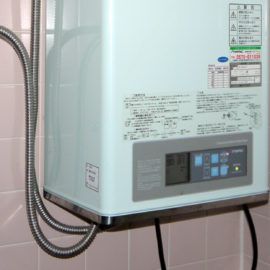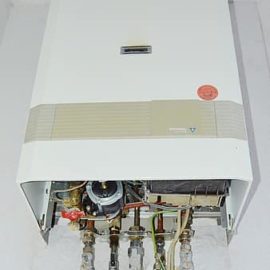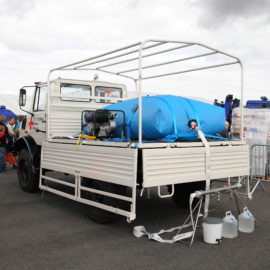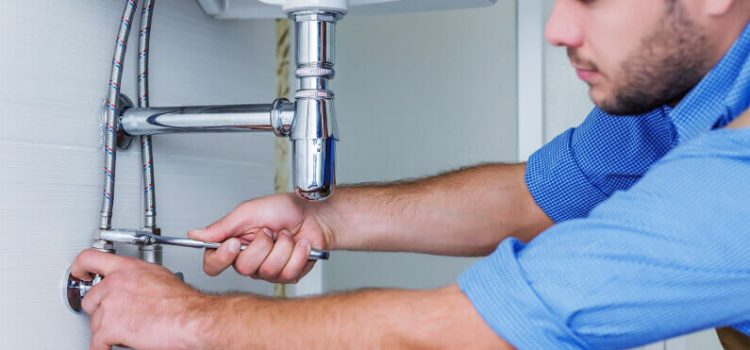
Plumbing is an integral part of any home, ensuring that water flows in and out smoothly. Whether it’s a dripping faucet, a malfunctioning water heater, or a sudden leak, plumbing issues can range from minor inconveniences to major emergencies. Equipping yourself with some basic knowledge can help you manage these issues more effectively. Below are five crucial tips covering everything from fixtures to emergency leaks that every homeowner should know.
Know Your Fixtures
Plumbing fixtures include sinks, toilets, showers, and faucets. Regular maintenance is key to keeping these fixtures in good working order. For sinks and showers, check the aerators and showerheads for mineral deposits that can build up and reduce water flow. Cleaning them regularly can prevent this issue. For toilets, inspect the flapper valve for signs of wear or leaks. Replacing worn-out parts promptly can save water and reduce your utility bills.
Maintain Your Water Heater
Your water heater is another critical component of your home’s plumbing system. To ensure its longevity and efficiency, drain and flush the tank annually to remove sediment that can build up and cause corrosion. Also, inspect the anode rod every few years and replace it if necessary to prevent rust in the tank. Keeping the water heater at the recommended temperature setting (usually around 120°F) can also help reduce energy consumption and prevent scalding.
Prepare for Emergencies and Leaks
Plumbing emergencies, such as burst pipes or major leaks, require immediate action. Know where the main water shut-off valve is located in your home so you can quickly turn off the water supply in case of a leak. Keep a plumber’s tape, a wrench, and a plunger handy for minor repairs. For significant leaks, it’s crucial to call a professional plumber immediately to prevent water damage to your home.
Address Repairs and Stoppages Promptly
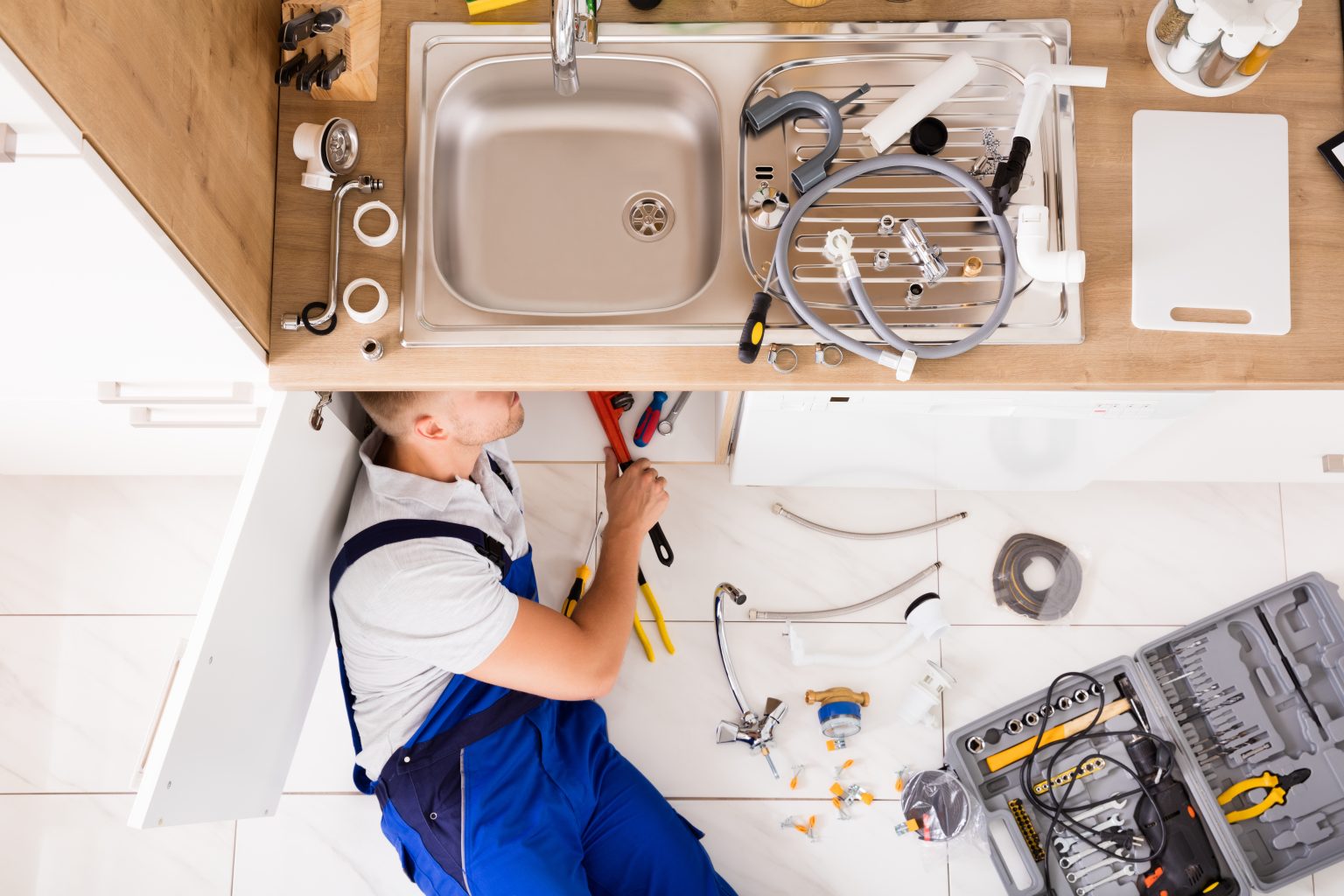
Ignoring minor repairs can lead to more significant issues down the line. Dripping faucets, running toilets, and slow drains should be addressed promptly. Use a plunger or a plumber’s snake to clear minor clogs. Avoid using chemical drain cleaners as they can damage your pipes. If you’re uncomfortable performing any repairs or if the problem persists, don’t hesitate to call a professional plumber.
Utilize Sewer Camera and Leak Detection Technologies
For more complex issues, such as hidden leaks or sewer problems, professional leak detection services can be invaluable. Sewer camera inspections allow plumbers to visually inspect the inside of your pipes and sewer lines for damage, blockages, or other issues without invasive digging. This technology can save time and money by precisely locating the problem area. Similarly, advanced leak detection methods can find hidden water leaks within walls or under floors, preventing extensive water damage.
Adopt a Proactive Approach
In addition to these foundational tips, it’s beneficial to adopt a proactive approach to your home’s plumbing health. Regularly updating fixtures, pipes, and appliances to more efficient and modern versions can not only prevent future problems but also enhance your home’s value and sustainability. Consider scheduling an annual inspection with a certified plumber to assess the state of your plumbing system, identify potential issues before they become emergencies, and advise on any updates or repairs that might be needed. This way, you not only keep your plumbing in optimal condition but also contribute to a more eco-friendly and efficient home.
Keeping Your Home Flowing Smoothly
By following these five tips, you can help ensure that your home’s plumbing system remains in top condition, preventing minor issues from turning into costly emergencies. Regular maintenance, prompt repairs, and being prepared for emergencies are key strategies for managing your plumbing system effectively. Remember, while DIY repairs can be tempting, don’t hesitate to call in the professionals for complex issues or when in doubt. Your home’s plumbing is a vital system that deserves careful attention and care.
Hope you found these plumbing tips helpful and informative. Feel free to share your experiences or additional tips in the comments below!

